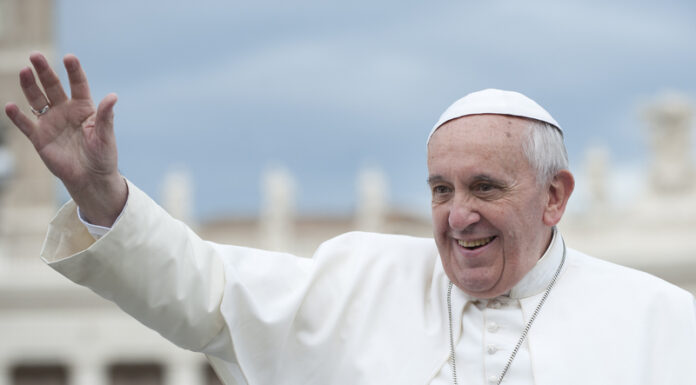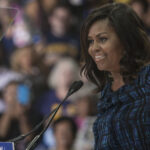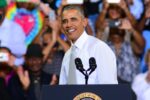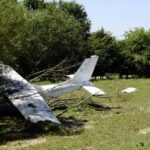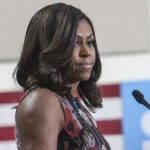In his forthcoming memoir “Hope,” set to be released on January 14, 2025, Pope Francis divulges that two assassination attempts during his notable visit to Iraq in March 2021 were foiled by British intelligence. This is the first public disclosure of these security incidents.
The memoir divulges that upon his arrival in Baghdad, the Pope was informed by Vatican security personnel about two grave threats to his visit to Mosul, identified by British intelligence. Iraqi police intercepted a woman strapped with explosives and a rapidly moving van before they reached their intended targets.
“When I asked the (Vatican) Gendarmerie the following day what was known about the two bombers, the commander replied, ‘They are no longer there,'” Pope Francis wrote in an excerpt shared by Italian newspaper Corriere Della Sera. “The Iraqi police had intercepted and detonated them. That, too, was very striking to me. This, too, was the poisoned fruit of war.”
The unprecedented papal visit to Iraq, the first by any pope, took place amid strict security due to persisting sectarian strife and the COVID-19 pandemic. Despite numerous advisors advising against the trip, the 88-year-old Pope Francis was resolute to journey there as a show of support for the beleaguered Christian community in Iraq.
The Vatican Gendarmerie and Pontifical Swiss Guard coordinated closely with local law enforcement to safeguard the Pope during the three-day visit in a country still harboring covert jihadist cells. “Almost everyone advised against that trip,” the Pope noted in his memoir, but he was determined to confront the situation head-on.
While in Iraq, the Pope held several high-profile meetings, including a landmark meeting with Grand Ayatollah Ali al-Sistani, a leading figure in Shia Islam. This meeting, which took place in Najaf, marked the culmination of decades of Vatican efforts, a feat none of Francis’s predecessors managed to achieve.
The memoir, titled “Hope” in English and “Spera” in Italian, offers the first comprehensive account of these security threats. Though initially planned for release after his death, the memoir is now slated for publication to coincide with the beginning of the Jubilee celebration, a significant year of festivities for Catholics globally.
The Pope’s visit to Mosul was of particular importance as the city had witnessed extensive devastation under Islamic State control. Viewing the destruction, the Pope referred to the city as “an X-ray of hatred,” underscoring the severe impact of sectarian violence on the region.
The successful thwarting of these assassination attempts had wide-ranging implications. If these attacks had been successful, they would have necessitated the election of a new pope, potentially undermined the credibility of the Iraqi government, and could have stoked religious tensions globally. These revelations come decades after a prior assassination attempt on Pope John Paul II in Vatican City in May 1981.
Since assuming the leadership of the Catholic Church in 2013, Pope Francis has embarked on over 40 foreign trips, consistently highlighting interfaith dialogue and reconciliation in regions affected by conflict.


